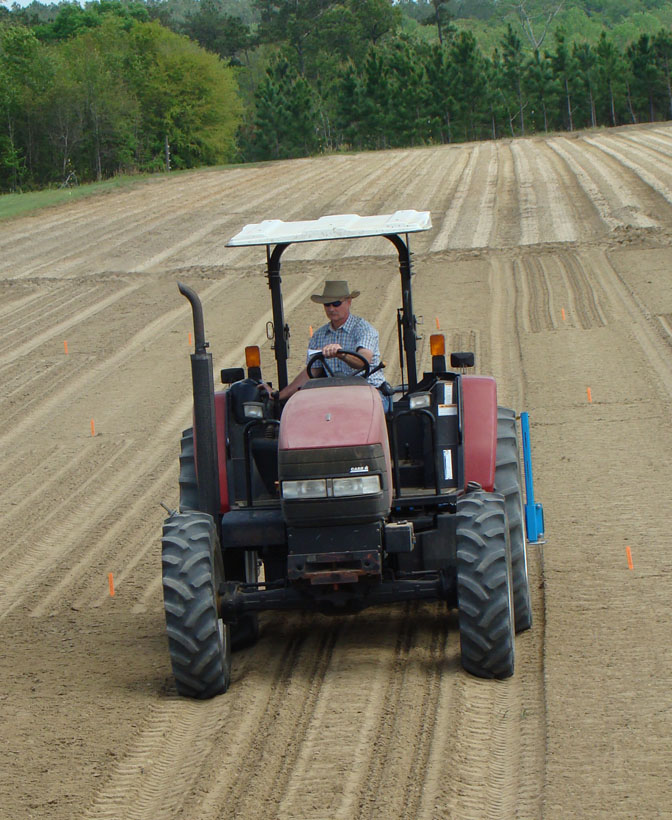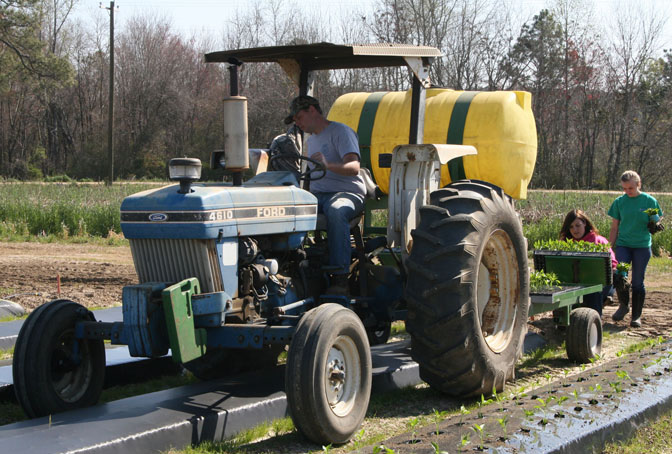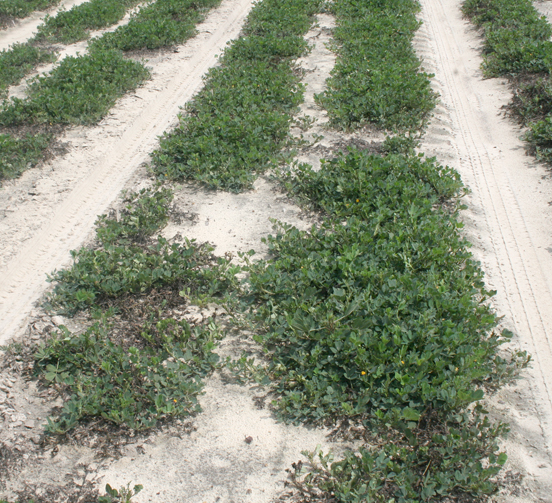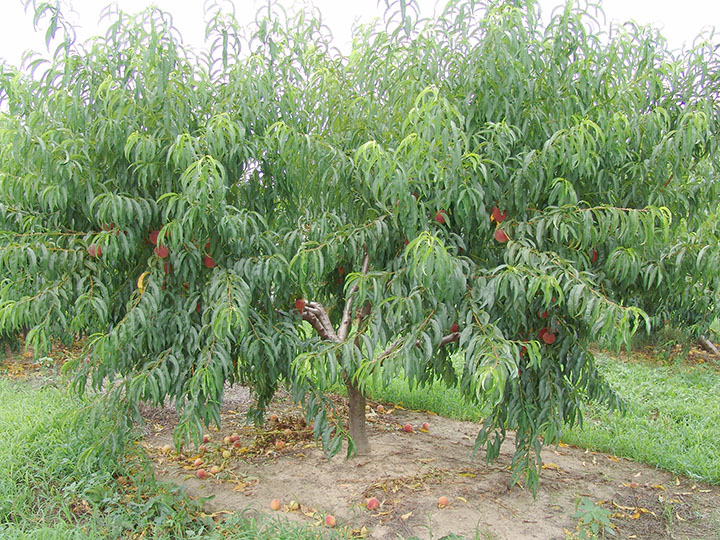 CAES News
CAES News
Georgia farmers advised to tend to maintenance issues now
Georgia’s cotton and peanut farmers are not expected to plant seeds for another two months, but they should be tending to maintenance issues now, according to Scott Monfort, University of Georgia Cooperative Extension peanut agronomist.






